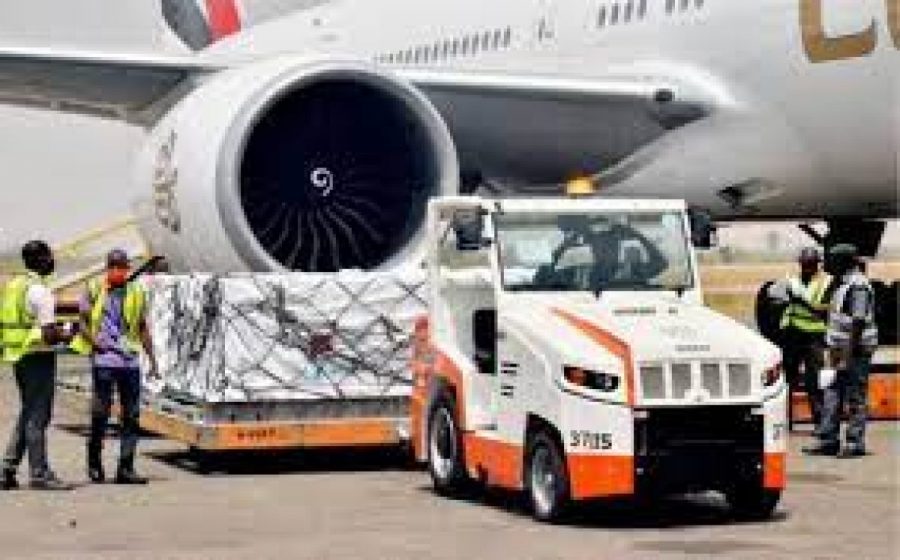The ground handling rates in Nigeria remain the lowest among African countries. The handling fees by ground handling companies in Nigeria stands between $1,000 and $4000 for narrow-body aircraft and $3,000 for wide-body aircraft.
This was disclosed by the President, Aviation Ground Handling Association of Nigeria (AGHAN), Olaniyi Adigun during an interview.
Handling rates across major African nations
Adigun said that in Guinea, foreign airlines are charged $1,673 (narrow body); $4,715 (wide body); Senegal $2,250 and $5,259; Cameroon $1,400 and $4,500; Sierra Leone $2,250 and $5,250 and Ghana with $1,500 and $4,150 for passenger flight.
He added that cargo flight attracts $2,300, $1,750, $2,300, and $2,500 in Senegal, Cameroon, Sierra Leone, Ghana, respectively for narrow-body aircraft, while for wide-body aircraft, the ground handling in those countries charge between $4,450 and $5,250 per flight.
What AGHAN is saying about the low rates
Adigun attributed the development to the formation of the two leading ground handling companies in the country, Skyway Aviation Handling Company (SAHCO) Plc and the Nigerian Aviation Handling Company (NAHCO) Plc, which he said was not for profit-making, adding that such has negatively affected the sub-sector after privatisation.
According to him, it is imperative for NCAA to put necessary regulations and policies in place, which would usher in new handling rates for the sub-sector.
He said, “AGHAN is willing to work with the NCAA to set up operating standards, safety and security standards, establish minimum safety threshold handling rates within the sector, encourage an enabling environment to attract capital inflow into the sector through local and foreign investors and encourage healthy competition among the players without compromising safety, security and the economic interest of the nation.
“Any rates below the established safety threshold ground handling rates has the tendency to jeopardise safety and security and loss of revenue to the Federal Government through the 5 per cent concessionary fees pay by the handling companies to the government.
“To achieve the aims enumerated above, it is our belief that if both the NCAA and other stakeholders come together to put necessary regulations and policies including setting up of a minimum safety threshold handling rates in place, the ground handling sector will experience a rebirth.
“This will increase government revenue and create stability in terms of safety and security within the sector and the industry at large. This can effectively work out if the extant Nigerian Civil Aviation Regulation (NCAR) Act is amended to further empower NCAA to properly regulate the industry like the Central Bank of Nigeria (CBN).”
Why it matters
The NCAR act is awaiting the passage of the National Assembly. If passed, it would aid the growth and development of the Nigerian Aviation sector. Such anticipated growth will enable the sector compete with its counterparts across the continent.











